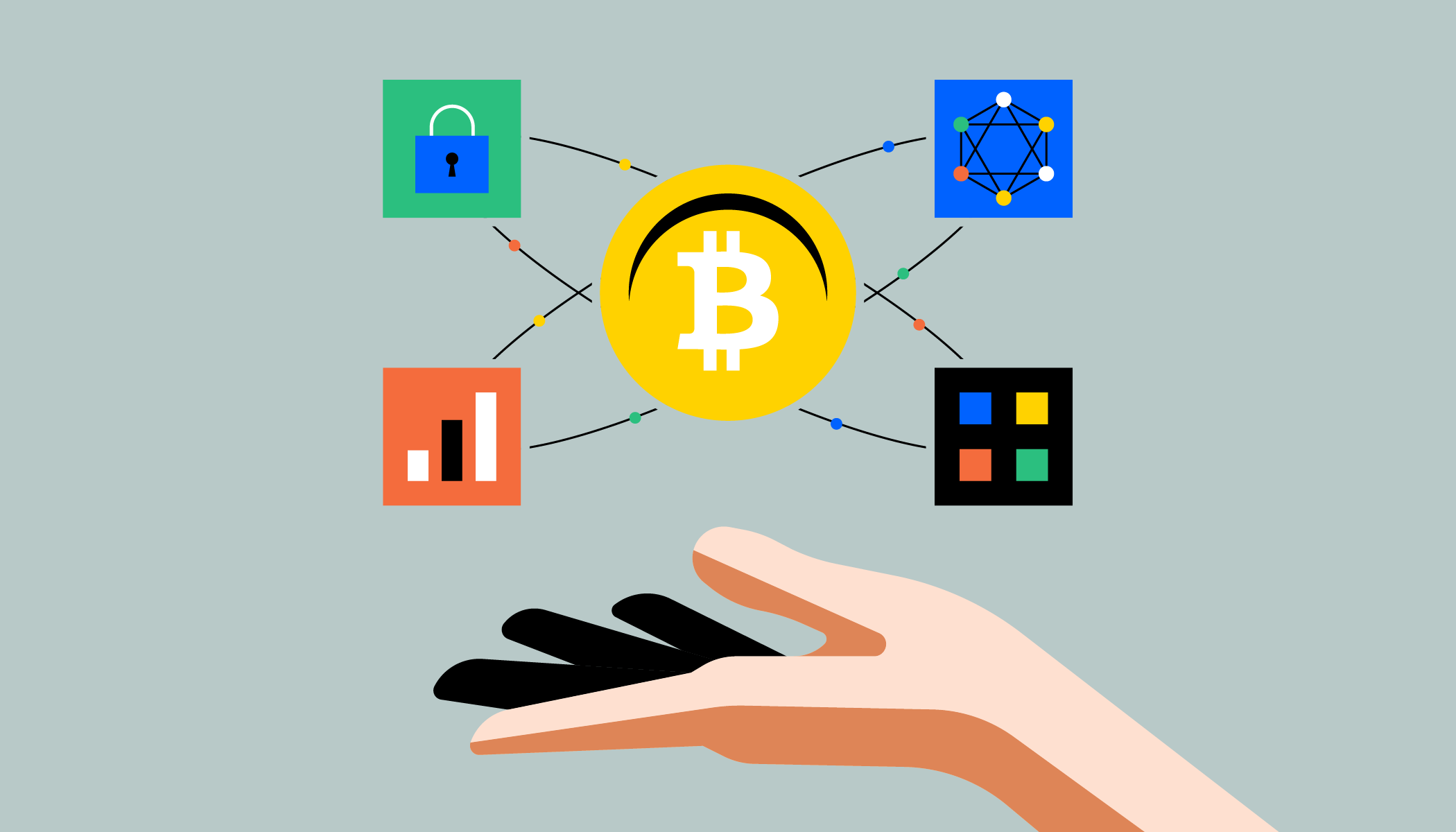Blockchain technology has emerged as one of the most revolutionary advancements in recent years, transforming industries from finance to healthcare. As a decentralized ledger system, blockchain offers unprecedented security, transparency, and efficiency. In this article, we will explore what blockchain is, how it works, its key features, and its applications in various sectors.
What Is Blockchain?
At its core, blockchain explained is a distributed digital ledger that records transactions across multiple computers in a way that ensures the security and transparency of data. Unlike traditional ledgers that are maintained by a central authority, a blockchain is decentralized and managed by a network of participants, known as nodes. Each transaction is grouped together in a block, and these blocks are linked in chronological order, forming a chain. This is why it is called “blockchain.” Understanding the foundational elements of blockchain is crucial as we explore its impact on various industries.
How Does Blockchain Work?
To explain how blockchain works, it is essential to break down its components. When a transaction occurs, it is verified by network participants using cryptographic algorithms. Once verified, the transaction is added to a block. This block is then broadcast to all nodes in the network, ensuring that everyone has the same information. After a certain number of confirmations, the block is added to the existing chain of blocks, making it immutable. This process ensures that once data is recorded on the blockchain, it cannot be altered or deleted, enhancing security. The consensus mechanism used in blockchain, whether Proof of Work, Proof of Stake, or others, plays a vital role in maintaining the integrity of the system.
Key Features of Blockchain
Several key features make blockchain technology unique:
- Decentralization: Unlike traditional databases controlled by a single entity, blockchain distributes data across multiple nodes, reducing the risk of data loss or manipulation.
- Transparency: All transactions on the blockchain are visible to all participants, promoting accountability and trust.
- Immutability: Once a transaction is recorded on the blockchain, it cannot be changed or deleted, making it a reliable source of truth.
- Security: Blockchain uses advanced cryptography to secure data, ensuring that only authorized participants can access and modify it.
These features contribute to the growing interest in blockchain technology as businesses seek more efficient and secure ways to manage transactions and data.
Applications of Blockchain
Blockchain technology has applications across various sectors:
1. Financial Services
In the financial sector, blockchain is transforming traditional banking systems. Cryptocurrencies like Bitcoin and Ethereum operate on blockchain technology, allowing for peer-to-peer transactions without the need for intermediaries. This reduces transaction costs and speeds up the transfer of funds. Additionally, blockchain can enhance the efficiency of cross-border payments and remittances, providing a more accessible financial system for people worldwide.
2. Supply Chain Management
Blockchain can significantly improve supply chain transparency and efficiency. By recording every step of a product’s journey on the blockchain, businesses can track items from their origin to the consumer. This enhances accountability and reduces fraud, as stakeholders can verify the authenticity of products. For example, companies like Walmart and IBM have implemented blockchain solutions to improve traceability in their supply chains.
3. Healthcare
In the healthcare industry, buy crypto Australia can enhance patient data security and interoperability. By securely storing patient records on a blockchain, healthcare providers can share information seamlessly while maintaining patient privacy. This could lead to better treatment outcomes and reduced administrative costs. Moreover, blockchain can be used to track the authenticity of pharmaceuticals, combating counterfeit drugs in the market.
4. Voting Systems
Blockchain technology has the potential to revolutionize voting systems by ensuring transparency and security. By recording votes on a blockchain, it becomes nearly impossible to tamper with election results. This could increase voter confidence in the electoral process and reduce instances of fraud.
5. Smart Contracts
Smart contracts are self-executing contracts with the terms of the agreement directly written into code. These contracts automatically execute when certain conditions are met, reducing the need for intermediaries. This application of blockchain can streamline processes in various industries, including real estate, insurance, and legal services.
Challenges Facing Blockchain Technology
Despite its potential, blockchain technology also faces several challenges:
- Scalability: As more users join the network, blockchain can become congested, leading to slower transaction times and higher fees. Solutions like sharding and layer-2 protocols are being developed to address these issues.
- Regulatory Concerns: Governments are still figuring out how to regulate cryptocurrencies and blockchain applications. Uncertainty in regulatory frameworks can hinder the widespread adoption of blockchain technology.
- Energy Consumption: Some consensus mechanisms, such as Proof of Work, consume significant amounts of energy, raising concerns about their environmental impact. More sustainable alternatives, like Proof of Stake, are being explored.
The Future of Blockchain
As industries continue to explore the benefits of blockchain, its future looks promising. With ongoing advancements in technology and increased interest from businesses and governments, blockchain could become a standard for secure and transparent transactions. The key will be addressing the challenges it faces and finding ways to integrate it into existing systems seamlessly.
Conclusion
Blockchain technology is more than just a buzzword; it is a powerful tool that has the potential to transform various sectors. By understanding how blockchain works, its key features, and its diverse applications, we can appreciate the impact it is likely to have on our world. As we move forward, the continued evolution of blockchain technology will undoubtedly shape the future of finance, supply chain management, healthcare, and beyond.

